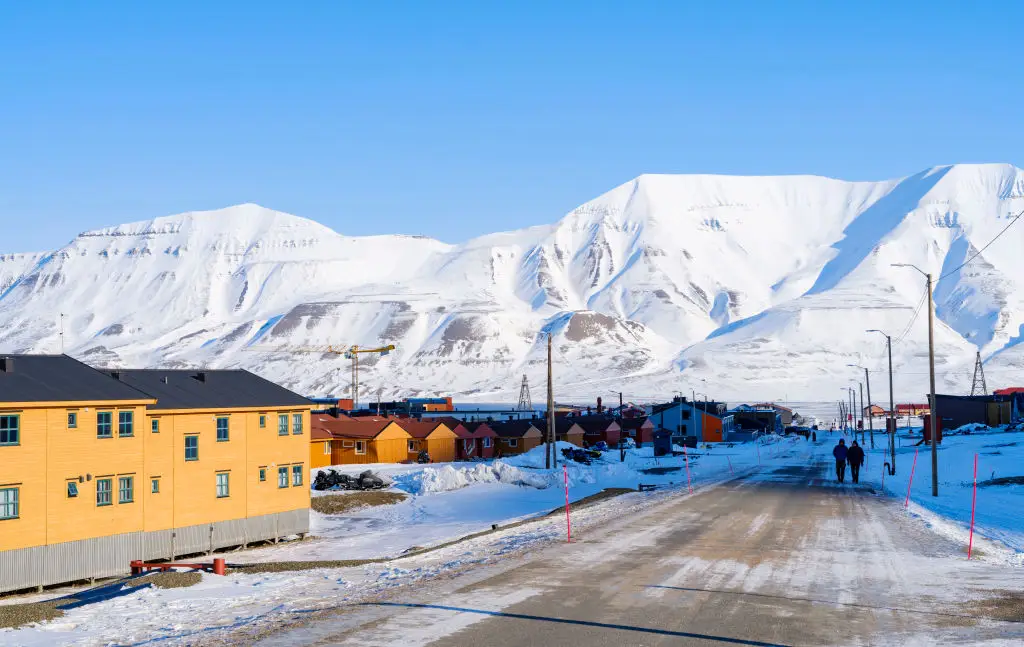
I imagine we've all wondered what would happen to us if we died in another country.
A bit morbid, but it's probably something worth thinking about.
After all, something like extremely hot weather could take you out if you aren't careful - and it's something that the Spanish government have urged travelling Brits to think about recently.
But what if it happened in a location that's known for it's freezing cold weather?
Advert
Well, it's something a town in the Arctic have thought about - and if you die there, then don't expect to be buried there.

Svalbard is a remote island which is about 650 miles from the North Pole and 500 from the Norwegian mainland.
And on it's most northernmost settlement sits the town of Longyearbyen.
In the past, it has been mistakenly reported that it's 'illegal to die' in Longyearbyen.
However, this is not the case, as Terje Carlsen, who is a communication advisor for the Governor of Svalbard, told IFLScience back in 2018 that while people dying 'happens from time to time', you cannot be buried there 'as a main rule'.
The average temperature range can range from −13 to −20 °C.
And because it's so cold, buried bodies reportedly don't decompose due to permafrost.
And in 1950, it was found that bodies from 1917 of those who'd died of influenza hadn’t decomposed either.
This led scientists to worry that the flu was still active inside of them - which they were concerned could possibly re-affect the living population.
It's a situation that sounds straight out of a horror movie.

Luckily, Carlsen said that a potential outbreak is 'not a worry' in Longyearbyen and those with a 'special connection or history' to the town can be cremated and buried in an urn.
There is also the case of access to medical treatment, as Carlsen said they don't have the facilities for serious health conditions.
And the same also goes for any mothers-to-be too.
Cecilia Blomdahl shares TikToks of her life on Svalbard and previously shared that, while the island has a hospital, those with emergency needs are sent to Norway on an ambulance flight due to a lack of resources.
She also explained that pregnant people have to make arrangements to leave the island a month before their due date.
Speaking to Newsweek, she said: “Since you have to fly to the mainland, the airline rules regarding travel when pregnant are applicable, so the latest [one] month before your due date you have to leave.
“There are no home births as that is strongly advised against because it would put mother and child in danger."
